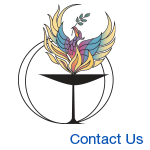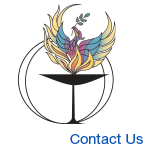
What is Buddhism?
Buddhism is not a conventional religion, in that there is nothing to take on faith, and there is no supreme being to worship. Rather, it is a path of living with mindfulness and compassion. Siddhartha Gautama, later called Buddha (meaning the Enlightened or Awakened One), born in India in 560 B.C., taught this path.
Since then, several kinds of Buddhist practice have flourished, including Zen, Tibetan and Theravadan/Vipassana. All teach a path anyone can follow to help lessen their suffering. The basis is “the four noble truths,” which simply say: Life is difficult because we want things we don’t have or want to avoid things we do have; by being more present, we can see this clearly and learn to let go, following the “eightfold path” of ethical behavior that leads toward greater contentment.
In the U.S., the current mindfulness movement, started by Jon Kabat-Zinn in 1979 at the University of Massachusetts, is based on these Buddhist principles translated into language of our present day.
We invite you to join us as we practice being in the present moment with other community members Saturday mornings from 9:30 – 1030 MST: Zoom ID: 486 920 2119 | Passcode: Sammy.
For more information, contact mindfulness@phoenixuu.org.
For more information, contact tech@phoenixuu.org .




